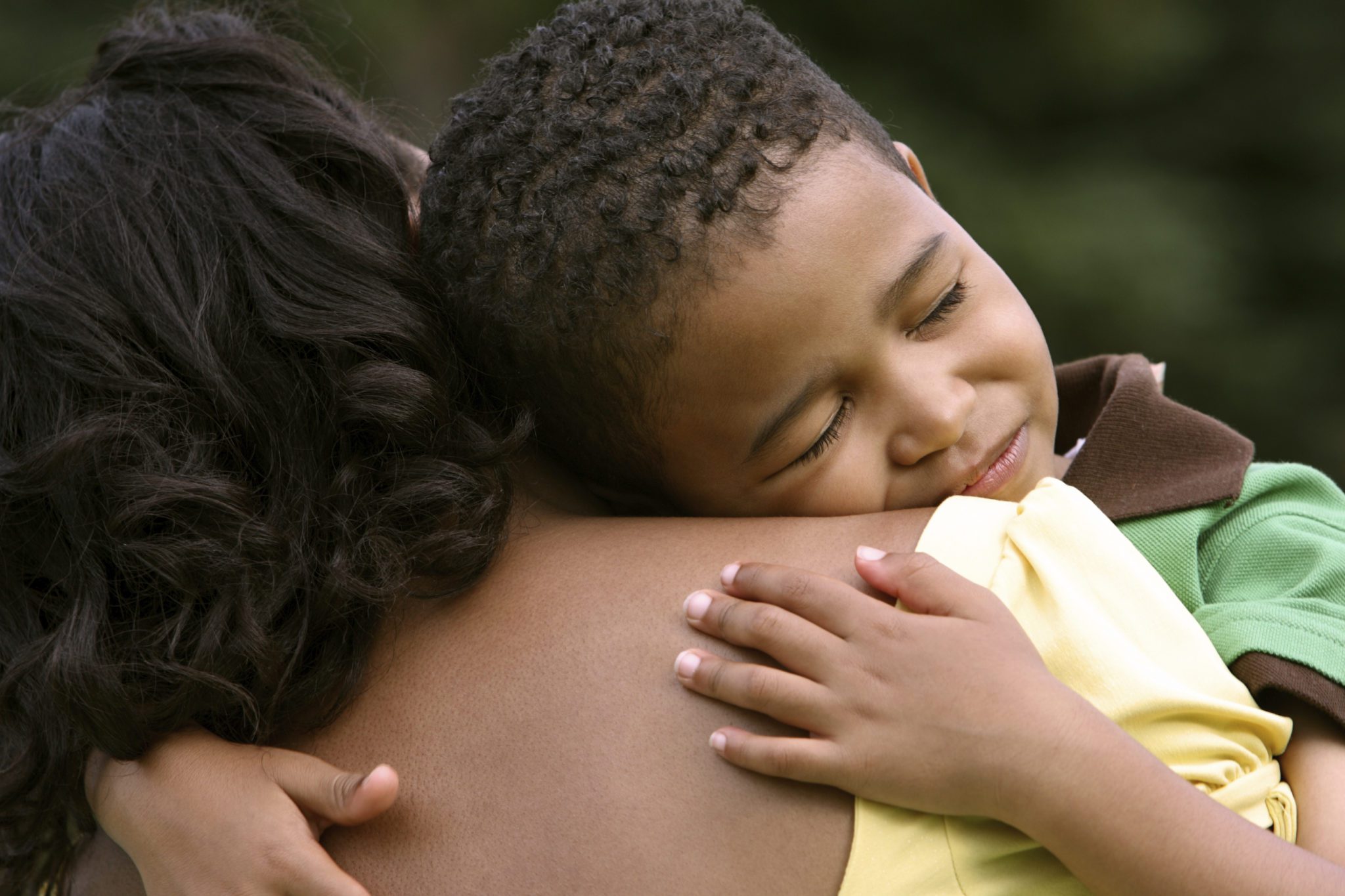Articles containing: family
Talking To Your Child About a Sibling’s Mental Illness

How can you talk to your child about their sibling’s mental illness? Read more from Dr. Susan Swick, below.
It seemed like just another Wednesday evening. After the routine disagreements and struggles over homework, everyone sat down together to eat dinner and talk about their day.
Raising Moral Children: Parental Strategies That Last A Lifetime

Intro music written and performed by Dr. Gene Beresin.
Outro music arranged and performed by Dr. Gene Beresin.
We want our kids to know right from wrong. We want them to care about the welfare of others. We want them to be kind, empathetic, and responsible. We want them to own their actions.
How To Survive The Holidays With Teens

The holiday season is a time that’s supposed to be fun and memorable, but when you have a moody teen in the family, you may find it more memorable than fun—and perhaps not in a good way. Even the best of teens can be less than enthusiastic about spending extended amounts of time with the family.
Putting A Little Thanksgiving Into Your Nightly Family Dinners

Intro and outro written and performed by Dr. Gene Beresin.
When my colleague Kiley told me recently about her Thanksgiving tradition, she gave me some new ideas about family dinners—a subject I think about every night around 7pm, and with every patient I see in family therapy.
Encouraging Family Fitness

When parents are asked about some of the favorite times spent with their kids, one of the most common things they’ll note is the time they spent doing physical activities together.
The Holidays: Unplugged

We like to play on our computers as much as anyone. But during the holidays, solitary screen time squanders the chance to play with siblings, parents, grandparents, cousins and friends who are also on vacation. Taking a break from work can also mean a chance to recharge without being tethered to our computers.
Do As I Say, Not As I TXT: Tips for Parents to Manage Technology Use at the Dinner Table

In 21st-century America, where we no longer quilt on the front porch, play musical instruments together, or plant beans side-by-side in the field, dinner is the primary occasion we use to connect with one another. It’s also an important time to tell family stories, teach social skills and model good manners.
How To Make Your Toddler An Adventurous Eater And Cooperative Diner

Young kids are not the most civilized dinner companions. Dinnertime can sometimes feel like sitting with a group of monkeys who like to throw and smear their food, and who have short attention spans once they are done eating. But, this is a critical time for developing family meals as a ritual.




